
Find Help
More Items From Ergsy search
-
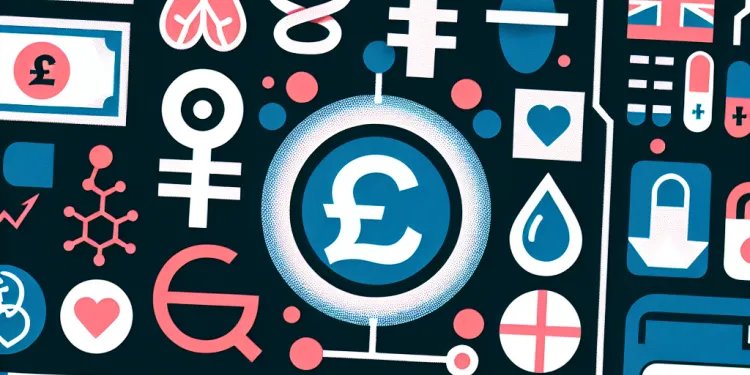
Is GLP-1 related to any other hormones?
Relevance: 100%
-

What is GLP-1?
Relevance: 75%
-

Can GLP-1 levels be measured?
Relevance: 69%
-

Is GLP-1 naturally occurring?
Relevance: 69%
-

What does GLP-1 stand for?
Relevance: 68%
-

What is the half-life of GLP-1?
Relevance: 68%
-
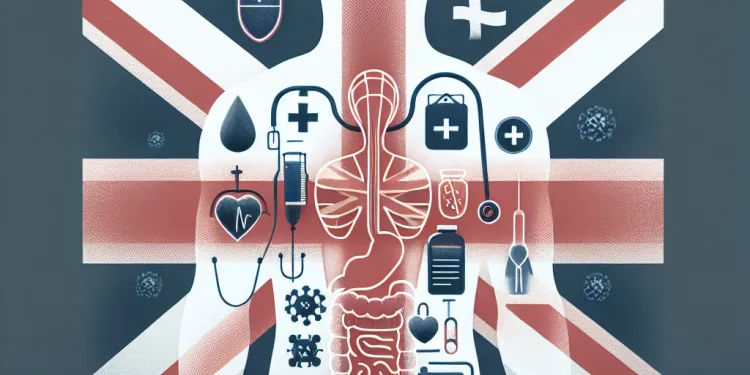
Where is GLP-1 produced in the body?
Relevance: 65%
-
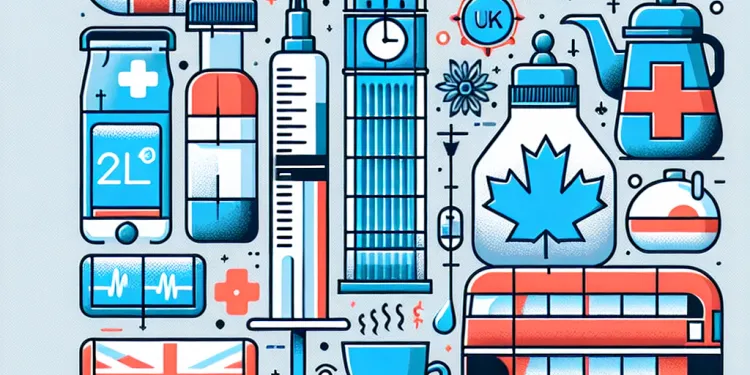
Are GLP-1 medications injectable?
Relevance: 64%
-
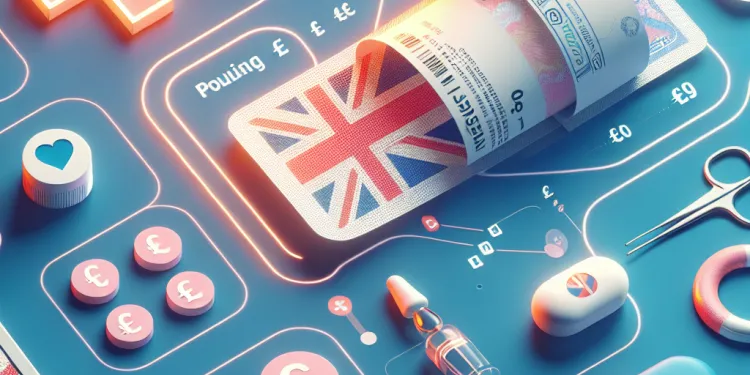
Can GLP-1 be used as a medication?
Relevance: 64%
-
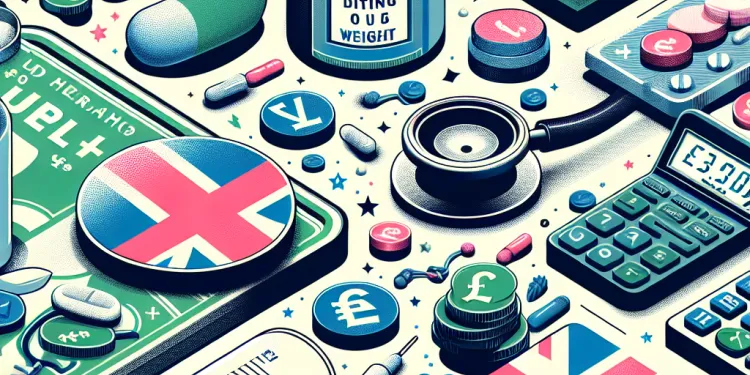
Do GLP-1 medications affect weight?
Relevance: 64%
-

What is the connection between GLP-1 and insulin?
Relevance: 63%
-

How do GLP-1 receptor agonists work?
Relevance: 62%
-
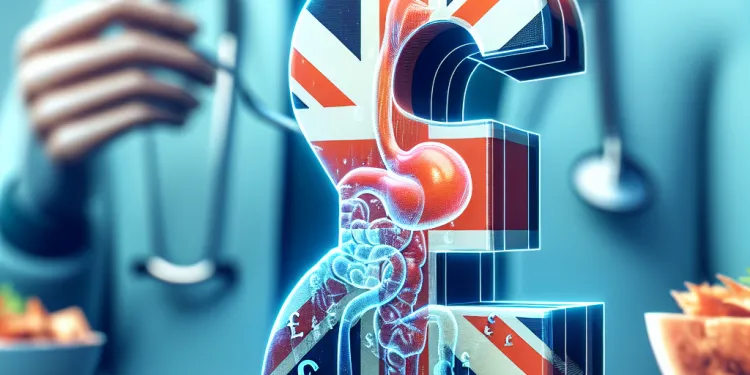
How does GLP-1 affect appetite?
Relevance: 61%
-

What impact does GLP-1 have on glucose metabolism?
Relevance: 60%
-
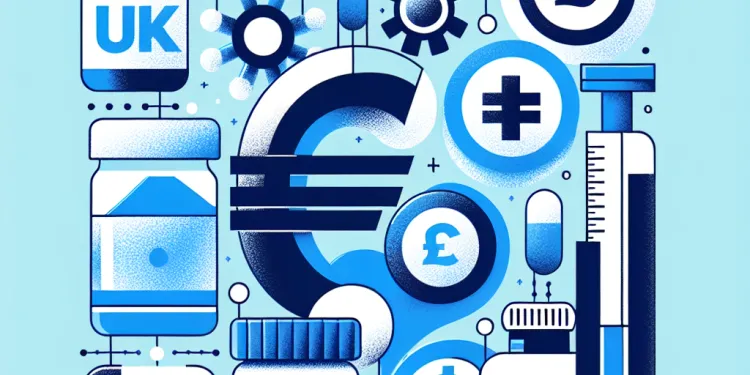
Are there any GLP-1 medications that are taken orally?
Relevance: 60%
-
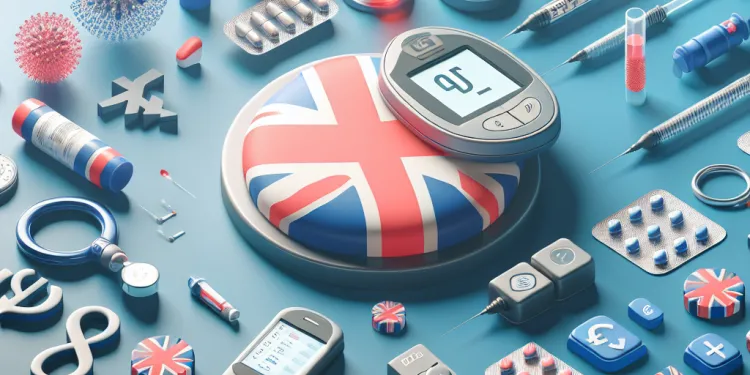
What role does GLP-1 play in diabetes management?
Relevance: 60%
-

Are there any dietary factors that influence GLP-1 secretion?
Relevance: 59%
-
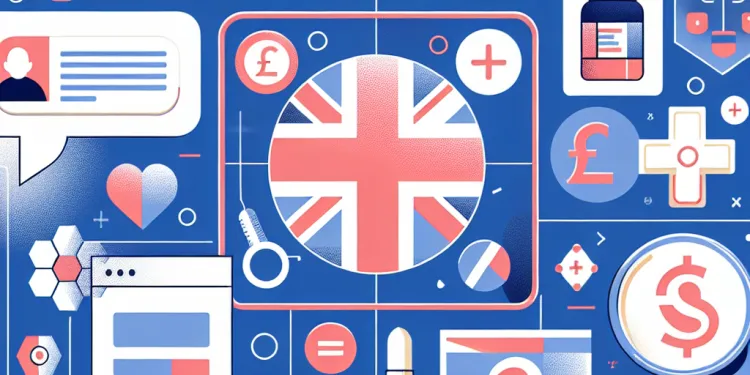
Are there any common side effects of GLP-1 medications?
Relevance: 55%
-
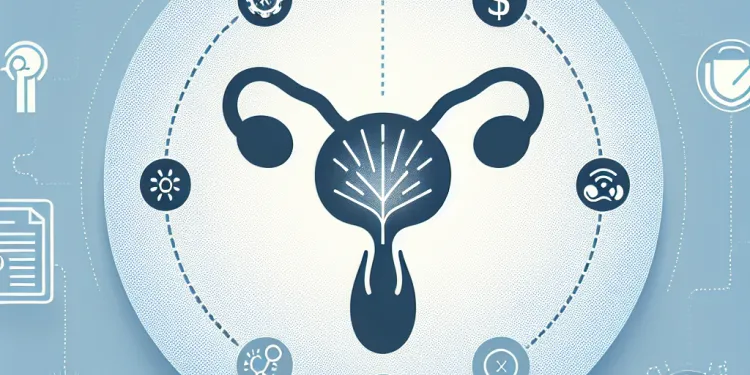
Hormone Therapy for prostate cancer
Relevance: 50%
-

How does Abiraterone affect hormone levels?
Relevance: 45%
-
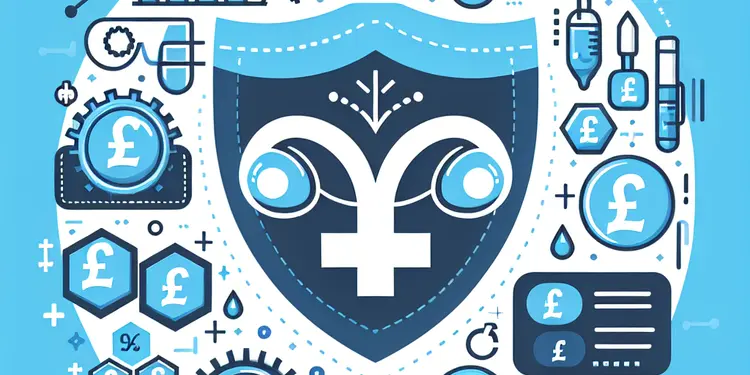
Is hormone replacement therapy safe for menopause masking?
Relevance: 43%
-
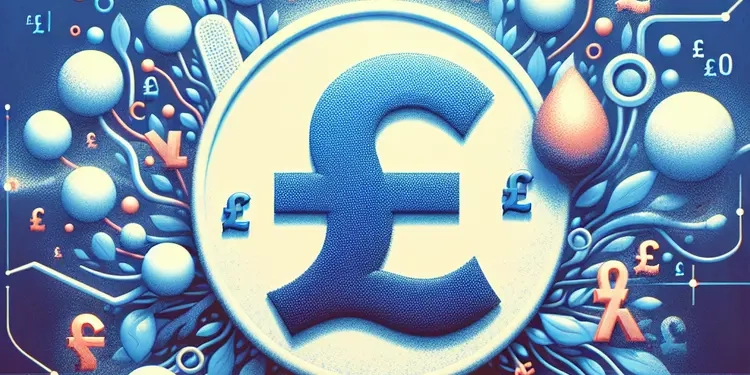
How does hormone therapy help in treating prostate cancer?
Relevance: 43%
-
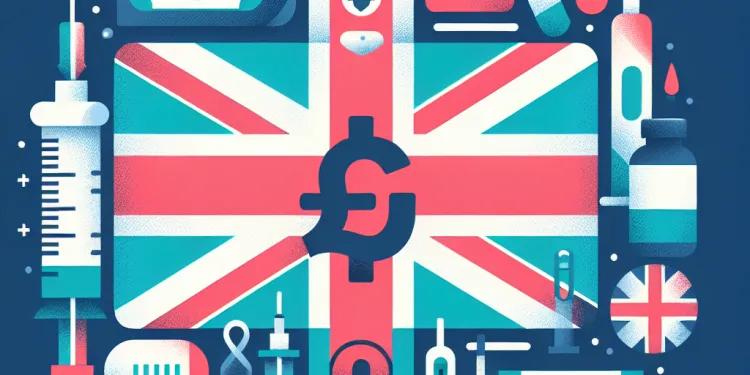
Can GLP-1 be used for type 1 diabetes?
Relevance: 41%
-
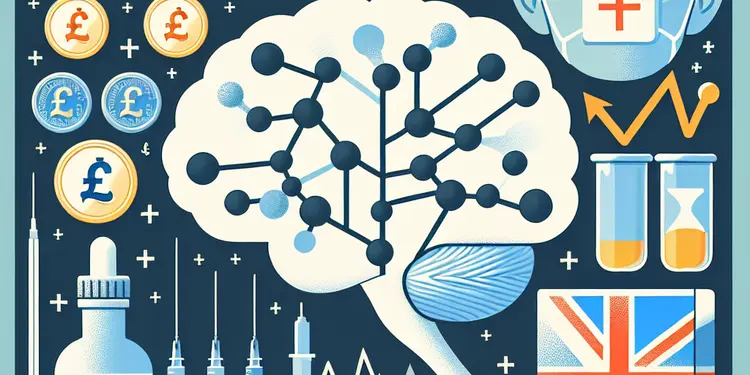
Can hormone replacement therapy (HRT) impact dementia risk?
Relevance: 38%
-
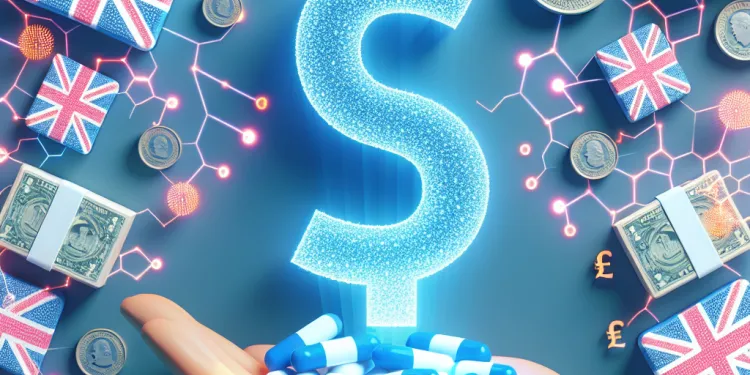
What are incretins?
Relevance: 35%
-

Is Wegovy similar to other weight loss drugs?
Relevance: 31%
-

How does Mounjaro work?
Relevance: 31%
-

How does Ozempic work?
Relevance: 31%
-

What is the active ingredient in Mounjaro?
Relevance: 28%
-

What is the active ingredient in Wegovy?
Relevance: 25%
-

Can diabetes medications also help reduce heart attack risk?
Relevance: 25%
-

What is the active ingredient in Wegovy tablets?
Relevance: 24%
-

Can Mounjaro be used in type 1 diabetes?
Relevance: 23%
-

How does Wegovy work?
Relevance: 23%
-

How does Ozempic affect blood sugar levels?
Relevance: 22%
-

What populations should use caution when taking Ozempic?
Relevance: 22%
-

Is Ozempic a form of insulin?
Relevance: 22%
-

How does Ozempic help with weight loss?
Relevance: 21%
-

Can I take Ozempic with other diabetes medications?
Relevance: 21%
-

What is the drug Wegovy used to treat?
Relevance: 21%
Introduction to GLP-1
Glucagon-like peptide-1 (GLP-1) is an incretin hormone primarily involved in the regulation of glucose metabolism. It is secreted by the L-cells in the small intestine in response to nutrient intake. GLP-1 enhances insulin secretion from the pancreatic beta cells in a glucose-dependent manner, making it a crucial hormone for maintaining blood sugar levels.
Relationship with Insulin
GLP-1 plays a vital role in stimulating insulin secretion. When food is consumed, GLP-1 is released into the bloodstream, where it acts on the pancreas to increase insulin output. This process helps in lowering blood glucose concentrations post-meal. Insulin is the hormone responsible for facilitating the uptake of glucose by the body's cells, thus reducing blood glucose levels and providing energy to cells.
GLP-1 and Glucagon
Besides promoting insulin release, GLP-1 also influences glucagon secretion. Glucagon, also produced by the pancreas, works oppositely to insulin; it raises blood glucose levels by promoting glycogen breakdown in the liver. GLP-1 inhibits glucagon release, especially when blood glucose levels are elevated. This dual action—stimulating insulin and inhibiting glucagon—makes GLP-1 significant in the regulation of glucose homeostasis.
Interaction with Other Gut Hormones
GLP-1 interacts with other gut-derived hormones, such as gastric inhibitory polypeptide (GIP). Together, GIP and GLP-1 constitute the main incretin hormones. While both hormones promote insulin secretion, GLP-1 has additional effects, such as slowing gastric emptying and enhancing satiety. The coordinated action of these hormones helps in better control of postprandial glucose spikes and in managing body weight.
Impact on Appetite and Body Weight
GLP-1 has an appetite-suppressing effect by acting on the hypothalamus, an area of the brain that regulates hunger and satiety. This hormonal action reduces food intake and assists in weight management. Consequently, GLP-1 analogues are used clinically not only for glycemic control in type 2 diabetes but also for weight loss management.
Therapeutic Use of GLP-1 Analogues
The therapeutic potential of GLP-1 has been harnessed in the development of GLP-1 receptor agonists, medications that mimic the action of the natural hormone. These drugs are used to treat type 2 diabetes and obesity, offering an effective option for patients who struggle with these conditions. They work by enhancing insulin secretion, suppressing glucagon, and promoting a feeling of fullness.
Conclusion
GLP-1 is intricately related to several other hormones, particularly insulin and glucagon, playing a pivotal role in maintaining glucose homeostasis. Its interactions with gut hormones contribute to its diverse physiological effects, spanning from glucose regulation to appetite control. Understanding the relationships of GLP-1 with these hormones underscores its importance in managing metabolic disorders.
Introduction to GLP-1
GLP-1 is a special chemical in our body that helps control sugar levels in the blood. It is made in the small intestine when we eat food. GLP-1 helps the body make insulin, which keeps sugar levels normal.
Relationship with Insulin
GLP-1 helps the body make insulin when we eat. Insulin helps move sugar from the blood into the cells, giving us energy. When we eat, GLP-1 tells the pancreas, an organ in the body, to make more insulin. This helps lower sugar levels after eating.
GLP-1 and Glucagon
GLP-1 also affects a chemical called glucagon. Glucagon does the opposite of insulin and can raise sugar levels. But GLP-1 stops too much glucagon, so sugar levels don’t get too high. This balance is important for keeping our sugar levels steady.
Interaction with Other Gut Hormones
GLP-1 works with other hormones in the gut, like GIP. Together, they help the body make insulin. GLP-1 also slows down how fast the stomach empties food and makes us feel full. This helps control sugar spikes after eating and can help with weight management.
Impact on Appetite and Body Weight
GLP-1 can make you feel less hungry by working on a part of the brain that controls hunger. This means you might eat less and help with keeping a healthy weight. Because of this, GLP-1 can be used to help people with type 2 diabetes and those who want to lose weight.
Therapeutic Use of GLP-1 Analogues
Scientists have made medicines that act like GLP-1 to help people with type 2 diabetes and obesity. These medicines help the body make more insulin, lower glucagon, and make you feel full, which can be very helpful for managing these health conditions.
Conclusion
GLP-1 is important because it helps the body control sugar levels and appetite. It works with other chemicals like insulin and glucagon to keep our bodies healthy. Knowing how GLP-1 works can help us manage health issues like diabetes and weight problems better.
Extra Support: If you're learning about GLP-1, tools like audiobooks or educational videos can help. You can also speak with a teacher or healthcare provider for more information.
Frequently Asked Questions
What is GLP-1?
GLP-1 (Glucagon-like peptide-1) is a hormone involved in the regulation of insulin production and glucose metabolism.
Are GLP-1 and insulin related?
Yes, GLP-1 stimulates the secretion of insulin from the pancreas in response to food intake.
Does GLP-1 affect glucagon levels?
Yes, GLP-1 inhibits the secretion of glucagon, another hormone that increases blood glucose levels.
Is GLP-1 related to GIP?
Yes, both GLP-1 and GIP (Glucose-dependent insulinotropic polypeptide) are incretin hormones that enhance insulin secretion.
Does GLP-1 interact with ghrelin?
GLP-1 can suppress ghrelin, a hormone that stimulates appetite.
Is GLP-1 linked to leptin?
While GLP-1 and leptin both play roles in satiety, they are different hormones with distinct pathways.
How does GLP-1 influence insulin secretion?
GLP-1 enhances insulin secretion in a glucose-dependent manner, meaning it works more effectively when blood glucose levels are high.
Does GLP-1 have a role in weight regulation?
Yes, GLP-1 can promote satiety and reduce appetite, contributing to weight management.
Is GLP-1 related to amylin?
Both GLP-1 and amylin are secreted from the pancreas and help regulate blood glucose levels, though they do so in different ways.
Can GLP-1 affect adiponectin levels?
There is some evidence suggesting GLP-1 might influence adiponectin, a hormone related to insulin sensitivity.
Are there GLP-1 analogs used in medicine?
Yes, GLP-1 analogs are used as medications to treat type 2 diabetes by mimicking the effects of natural GLP-1.
Does GLP-1 interact with thyroid hormones?
GLP-1 does not have a direct interaction with thyroid hormones, as they regulate different physiological processes.
How does GLP-1 affect digestion?
GLP-1 slows gastric emptying, which can help regulate blood sugar levels after eating.
Is GLP-1 associated with serotonin?
GLP-1 is not directly related to serotonin, but both influence appetite and mood regulation.
Do GLP-1 levels change with stress?
Stress can impact hormone levels, including potentially influencing GLP-1 secretion, but the relationship can be complex.
What triggers the release of GLP-1?
GLP-1 is released in response to nutrient intake, especially carbohydrates and fats, during digestion.
Is GLP-1 involved in the regulation of blood pressure?
While GLP-1 primarily regulates glucose metabolism, it can also have effects on blood pressure through various pathways.
Can GLP-1 analogs cause hypoglycemia?
GLP-1 analogs typically do not cause hypoglycemia unless used with other medications that lower blood sugar.
Does GLP-1 have a role in the nervous system?
Yes, GLP-1 receptors are present in the brain, where they play a role in appetite regulation and neuroprotection.
Is GLP-1 related to the hormone cortisol?
GLP-1 and cortisol are involved in different physiological responses; GLP-1 primarily deals with glucose metabolism while cortisol is involved in stress response.
What is GLP-1?
GLP-1 is a thing in your body that helps control sugar levels. It is important for keeping you healthy. If you have questions, you can ask a doctor or nurse to explain more. To help understand this information, try using pictures or videos. Always ask if something is not clear or if you want more help.
GLP-1 is a special chemical in our bodies. It helps control how much insulin we make. Insulin is important for controlling sugar in our blood.
Are GLP-1 and insulin connected?
Is there a link between GLP-1 and insulin? Let's find out!
- GLP-1: It is a natural chemical in your body. It helps control sugar levels in your blood.
- Insulin: It is another natural chemical. It helps your body use sugar for energy.
Both GLP-1 and insulin work together to keep your blood sugar levels normal. This helps you stay healthy.
If you have questions, ask someone you trust like a doctor or a parent.
Here are some tips to help you understand:
- Use pictures or diagrams to see how GLP-1 and insulin work.
- Watch videos that explain blood sugar and these chemicals.
- Take your time and read slowly.
Yes, GLP-1 helps the body make insulin when you eat food. Insulin is made in the pancreas.
Does GLP-1 change glucagon levels?
GLP-1 is a substance in your body that helps control blood sugar.
Glucagon is another substance that raises blood sugar.
GLP-1 can help lower glucagon levels.
This helps keep your blood sugar steady.
If you need help reading:
- Ask a friend or teacher to read with you.
- Use apps that read text out loud.
- Look for pictures or videos about GLP-1.
Yes, GLP-1 stops the body from making glucagon. Glucagon is a hormone that makes sugar levels go up in the blood.
Is GLP-1 like GIP?
GLP-1 and GIP are both things in our bodies. They help with food and how our bodies use it.
If you want to learn more, you can:
- Ask someone you trust to explain.
- Use pictures or videos to help understand.
Yes, GLP-1 and GIP help the body make more insulin. Insulin is important for controlling sugar in the blood.
Do GLP-1 and ghrelin work together?
GLP-1 and ghrelin are both in your body. They help control hunger. If you want to know if they work together, you can:
- Ask a doctor or nurse.
- Look at health websites for more information.
- Use simple science books about the body.
GLP-1 can help lower ghrelin levels. Ghrelin is a chemical in your body that makes you feel hungry.
Are GLP-1 and leptin connected?
GLP-1 and leptin are chemicals in the body. They help control appetite and weight. Scientists are studying if they work together.
To learn more, you can:
- Watch easy videos online.
- Ask someone to explain in simple words.
GLP-1 and leptin are both important for making us feel full. But they are different and work in different ways in our bodies.
Here are some tips to help understand big words:
- Break down big words into smaller parts.
- Use a dictionary or a phone app to look up words you don't know.
- Ask someone to explain it to you.
How does GLP-1 affect the release of insulin?
GLP-1 is something in your body that helps control sugar levels. It tells your body to release insulin. Insulin is important because it helps your body use sugar for energy.
Here is a way to remember: GLP-1 helps insulin do its job.
To better understand this, you can:
- Watch videos about GLP-1 and insulin.
- Use simple diagrams that show how they work together.
If you still have questions, ask a teacher or a doctor.
GLP-1 helps the body make more insulin when blood sugar is high. It works best when there is a lot of sugar in the blood.
Does GLP-1 help control weight?
GLP-1 is a thing in our body. It can help us feel full after eating. This might help us not gain too much weight.
Here are some tips to help you understand:
- Use pictures to show how GLP-1 works.
- Ask someone to read this with you and explain.
- Use a dictionary to look up hard words.
Yes, GLP-1 can help you feel full. It can also make you feel less hungry. This helps with keeping a healthy weight.
Are GLP-1 and amylin connected?
GLP-1 and amylin both come from the pancreas. They help keep your blood sugar levels just right. But they work in different ways.
Do GLP-1 levels change adiponectin levels?
Let's talk about a possible link between GLP-1 and adiponectin. It's important to break this down into simpler terms:
- GLP-1: This is a chemical in your body that helps control blood sugar and how hungry you feel.
- Adiponectin: This is another chemical that helps keep your blood sugar and fats in balance.
Some people wonder if changing GLP-1 in the body can change adiponectin levels, which may help with using sugar and burning fat.
Here are some tips to help understand this:
- Talk to a doctor if you have questions. They can help explain how things work in your body.
- Use pictures or diagrams. Seeing things can sometimes make it easier to understand.
- Make notes of words or things you don't understand to ask someone to explain later.
This way, you can learn how GLP-1 and adiponectin might be connected!
Some research shows that GLP-1 might change the hormone adiponectin. This hormone helps your body use insulin better.
Do doctors use GLP-1 in medicine?
Doctors might use a medicine called GLP-1. It can help people feel better. This medicine is for some health problems.
If reading is hard, it's okay to ask someone to read it with you. You can also use tools that read text out loud.
Yes, GLP-1 medicine helps people with type 2 diabetes. It works like a natural part of the body called GLP-1.
Do GLP-1 and thyroid hormones work together?
GLP-1 and thyroid hormones do different jobs in the body. They do not work together directly.
What does GLP-1 do to digestion?
GLP-1 is something in your body that helps with digestion. It makes your stomach work slower so food stays in longer. This can help you feel full for a longer time. It also helps your body use sugar better.
Here are some tips that might help you understand:
- Talk with someone: Ask an adult to explain it to you.
- Use pictures: Draw or look at pictures about how food moves in the body.
- Watch videos: Find videos that show how digestion works.
GLP-1 helps the stomach empty food slowly. This can keep blood sugar levels steady after a meal.
Does GLP-1 have a link with serotonin?
GLP-1 and serotonin are chemicals in the body. You find them in your brain and gut.
GLP-1 helps control blood sugar and appetite. Serotonin helps with mood and feelings.
Some studies say they might work together. They can affect things like hunger and happiness.
If you want more information, ask a doctor or research online using simple terms. Using pictures and videos can also help you understand better.
GLP-1 and serotonin are different, but both can help control how hungry you feel and how you feel in general.
Does Stress Change GLP-1 Levels?
Can stress make GLP-1 go up or down?
GLP-1 is something in your body that helps with food and energy.
We can learn about GLP-1 and stress by:
- Talking to a doctor.
- Reading books or articles with simple language.
- Using apps that explain health in easy words.
Stress can change the levels of hormones in your body. This might also change something called GLP-1. But it can be a bit complicated.
What makes GLP-1 come out?
GLP-1 is a chemical in our body. It comes out when we eat food. This happens mostly when we eat things like bread (carbohydrates) and oily foods (fats).
Does GLP-1 help control blood pressure?
GLP-1 is a thing in your body. It might help control how strong your blood goes in your veins. This is called blood pressure. Do you want to know more about it?
Using pictures or charts can make this easier to understand. Listening to the information with audio tools is also helpful.
GLP-1 helps the body use sugar. It can also change how your blood pressure works in different ways.
Can GLP-1 Medicines Make Your Blood Sugar Too Low?
GLP-1 medicines help control blood sugar. Sometimes, they might make blood sugar go too low. This is called hypoglycemia.
If you take GLP-1 medicine, talk to your doctor. They can help you understand how to use it safely.
Here are some tips to help:
- Eat regular meals to keep your blood sugar stable.
- Check your blood sugar often, if you can.
- If you feel dizzy or shaky, tell an adult. You might need a snack.
- Keep some sugary snacks with you, like candy or juice. These can help if your blood sugar gets too low.
GLP-1 analogs usually do not make blood sugar too low unless you take them with other medicines that do this.
Does GLP-1 help the brain and nerves work?
GLP-1 is something our body makes. It can help with food and sugar in our blood.
Some people want to know if GLP-1 can help our brain and nerves. Nerves are like the body's telephone wires. They send messages from the brain to the body.
If you want to understand better, you can:
- Use videos or pictures about GLP-1.
- Ask someone to explain it to you.
- Use computer tools that read out loud to you.
Yes, there are things called GLP-1 receptors in the brain. They help control how hungry you feel and keep your brain healthy.
Are GLP-1 and cortisol linked?
GLP-1 and cortisol do different jobs in the body. GLP-1 helps control how your body uses sugar. Cortisol helps your body handle stress.
Useful Links
This website offers general information and is not a substitute for professional advice.
Always seek guidance from qualified professionals.
If you have any medical concerns or need urgent help, contact a healthcare professional or emergency services immediately.
Some of this content was generated with AI assistance. We’ve done our best to keep it accurate, helpful, and human-friendly.
- Ergsy carfully checks the information in the videos we provide here.
- Videos shown by Youtube after a video has completed, have NOT been reviewed by ERGSY.
- To view, click the arrow in centre of video.
- Most of the videos you find here will have subtitles and/or closed captions available.
- You may need to turn these on, and choose your preferred language.
- Go to the video you'd like to watch.
- If closed captions (CC) are available, settings will be visible on the bottom right of the video player.
- To turn on Captions, click settings .
- To turn off Captions, click settings again.
More Items From Ergsy search
-

Is GLP-1 related to any other hormones?
Relevance: 100%
-

What is GLP-1?
Relevance: 75%
-

Can GLP-1 levels be measured?
Relevance: 69%
-

Is GLP-1 naturally occurring?
Relevance: 69%
-

What does GLP-1 stand for?
Relevance: 68%
-

What is the half-life of GLP-1?
Relevance: 68%
-

Where is GLP-1 produced in the body?
Relevance: 65%
-

Are GLP-1 medications injectable?
Relevance: 64%
-

Can GLP-1 be used as a medication?
Relevance: 64%
-

Do GLP-1 medications affect weight?
Relevance: 64%
-

What is the connection between GLP-1 and insulin?
Relevance: 63%
-

How do GLP-1 receptor agonists work?
Relevance: 62%
-

How does GLP-1 affect appetite?
Relevance: 61%
-

What impact does GLP-1 have on glucose metabolism?
Relevance: 60%
-

Are there any GLP-1 medications that are taken orally?
Relevance: 60%
-

What role does GLP-1 play in diabetes management?
Relevance: 60%
-

Are there any dietary factors that influence GLP-1 secretion?
Relevance: 59%
-

Are there any common side effects of GLP-1 medications?
Relevance: 55%
-

Hormone Therapy for prostate cancer
Relevance: 50%
-

How does Abiraterone affect hormone levels?
Relevance: 45%
-

Is hormone replacement therapy safe for menopause masking?
Relevance: 43%
-

How does hormone therapy help in treating prostate cancer?
Relevance: 43%
-

Can GLP-1 be used for type 1 diabetes?
Relevance: 41%
-

Can hormone replacement therapy (HRT) impact dementia risk?
Relevance: 38%
-

What are incretins?
Relevance: 35%
-

Is Wegovy similar to other weight loss drugs?
Relevance: 31%
-

How does Mounjaro work?
Relevance: 31%
-

How does Ozempic work?
Relevance: 31%
-

What is the active ingredient in Mounjaro?
Relevance: 28%
-

What is the active ingredient in Wegovy?
Relevance: 25%
-

Can diabetes medications also help reduce heart attack risk?
Relevance: 25%
-

What is the active ingredient in Wegovy tablets?
Relevance: 24%
-

Can Mounjaro be used in type 1 diabetes?
Relevance: 23%
-

How does Wegovy work?
Relevance: 23%
-

How does Ozempic affect blood sugar levels?
Relevance: 22%
-

What populations should use caution when taking Ozempic?
Relevance: 22%
-

Is Ozempic a form of insulin?
Relevance: 22%
-

How does Ozempic help with weight loss?
Relevance: 21%
-

Can I take Ozempic with other diabetes medications?
Relevance: 21%
-

What is the drug Wegovy used to treat?
Relevance: 21%


